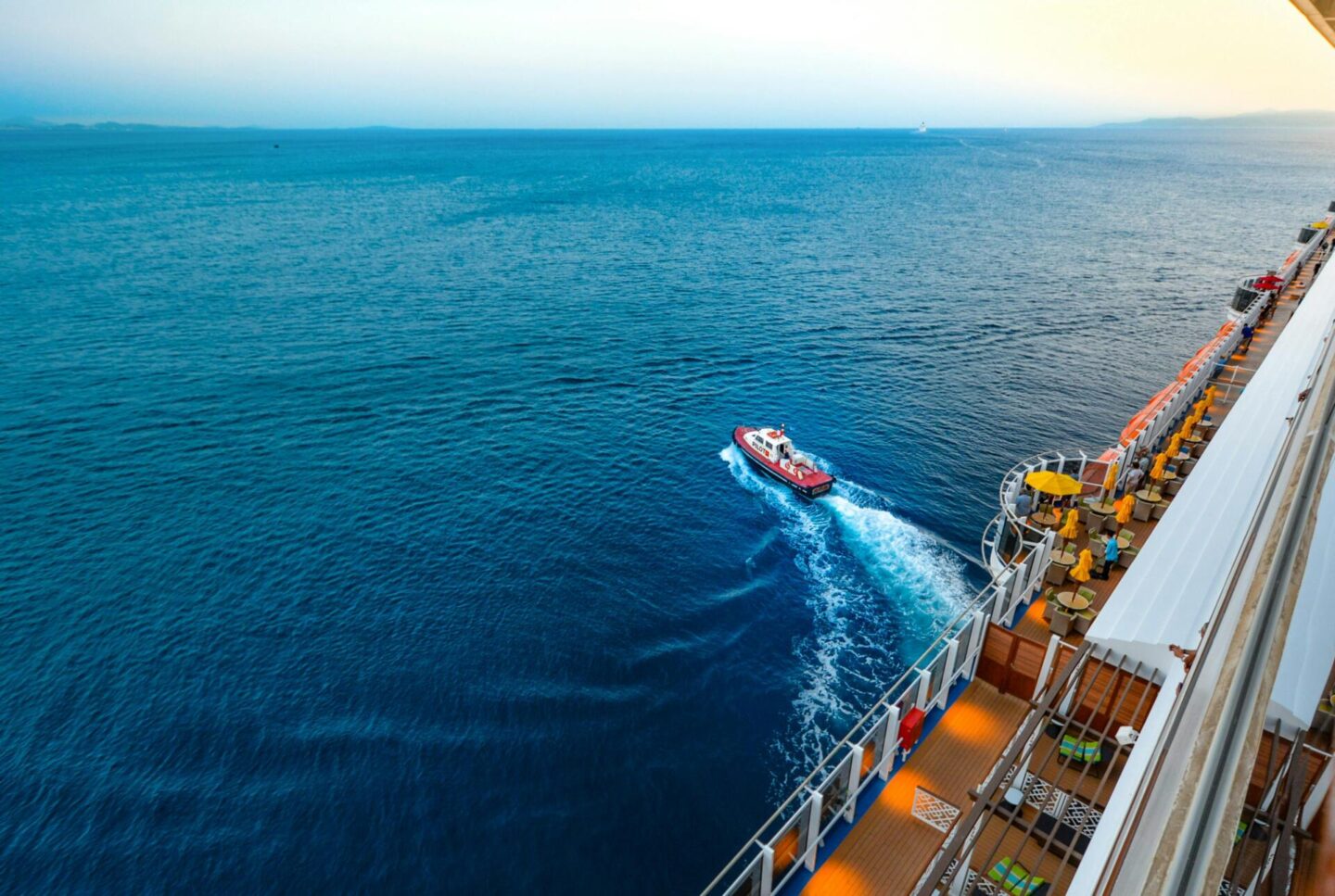
A holiday at sea presents a great chance to see a lot of different locations in a short space of time, while also finding time to relax out on the open water. When it comes to cruise holidays, it’s difficult to beat the Med.
Your Mediterranean cruise holiday could include stops in France, Spain, Italy, Greece, Turkey, Israel, and more. Consequently, there’s a great deal of culture to squeeze into a short trip. If you’re a foodie, then much of this culture might come in the form of culinary tradition.
The History of Food in the Mediterranean
The history of civilisation in the Mediterranean stretches back thousands of years, and so do the culinary traditions. Egyptians brought wheat, barley, and beans to the region, while the Greeks and Romans perfected the cultivation of olives and grapes, which remain essential to many classic dishes that are enjoyed today.
Later, the development of the Silk Road brought exotic spices from the East, which saw cumin and cinnamon play a greater role. Kebabs in Turkey and Greece are perhaps the best examples of this. In Spain, the North African Moorish influence is more evident, with rice and sugar playing a more involved role.
Things to do on a culinary cruise of the Mediterranean
If you’d like to devise a trip where food is the main focus, then you’ll obviously want to squeeze in plenty of restaurants (ideally those with breathtaking views).
You might also look for a yacht or cruise ship that offers onboard catering. But for a really authentic experience, it’s also a good idea to try a few food-related activities, too.
Visit a market
Many seafront cities and towns in the region offer bustling markets. In many cases, these are traditional markets which have served locals for centuries. You might find a chance to pick up a lesser-known staple that’s beloved by locals but ignored by the majority of tourists.
For example, the Boqueria market in Barcelona dates back to 1217, and offers a range of local cheeses, fresh-caught seafood, ripe fruit and amazing cured meats.
Cooking classes
It might be that you’re so taken with a particular form of cuisine that you want to take it back home with you. In this case, the best approach is to look for a cooking class. After all, what better way to learn how to cook an authentic risotto than to be taught by an Italian chef?
Of course, not all cooking classes are approachable for non-native speakers. Look for something that will cater to tourists, but that isn’t designed specifically for them!
Producer tours
Many of the best produce in Europe is produced along the coast of the Mediterranean. If you want to learn how it’s all made, then visiting the places of origin and giving everything a try is usually the best way to do it.
Bar hopping
Food is something just about everyone can get excited about. But it’s difficult to neglect the appeal of drink, particularly when you’re cruising. The region is packed with bars and pubs, many of which serve drinks peculiar to the region.
Give them all a try! Port in Portugal, ouzo in Greece, raki in Turkey: they all have something unique to offer – and the best place to enjoy them is the right bar.

